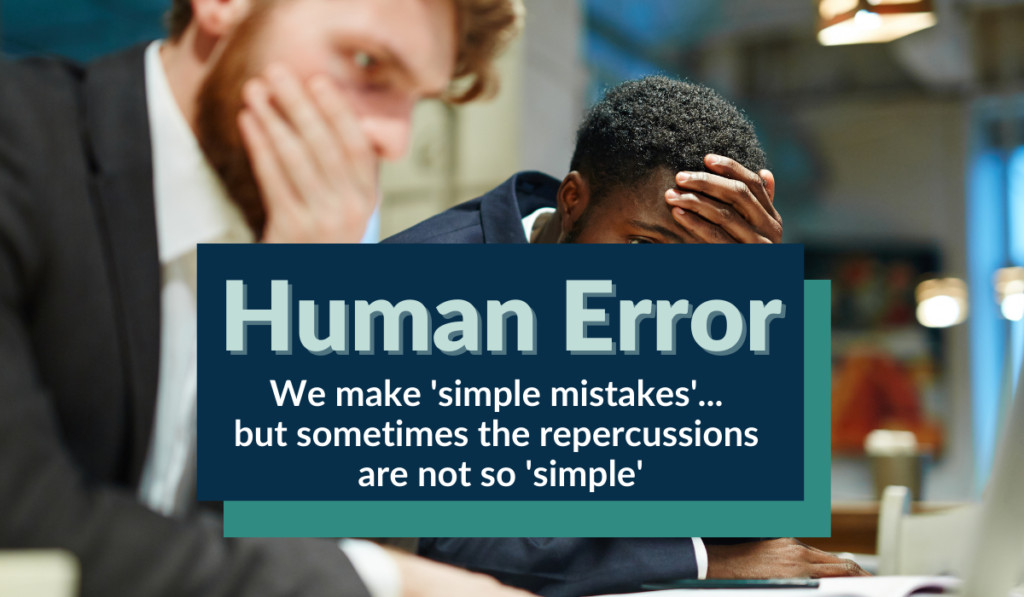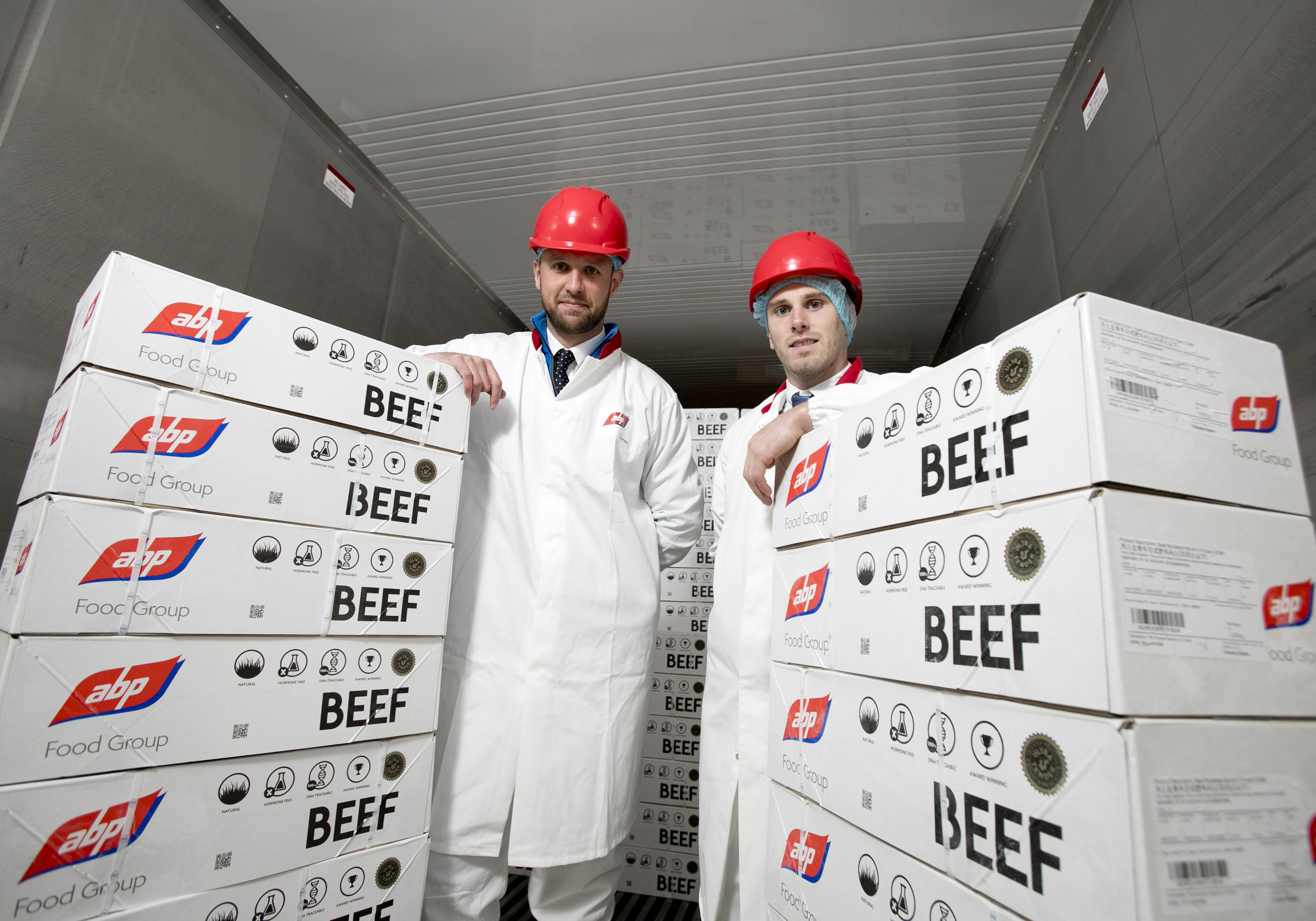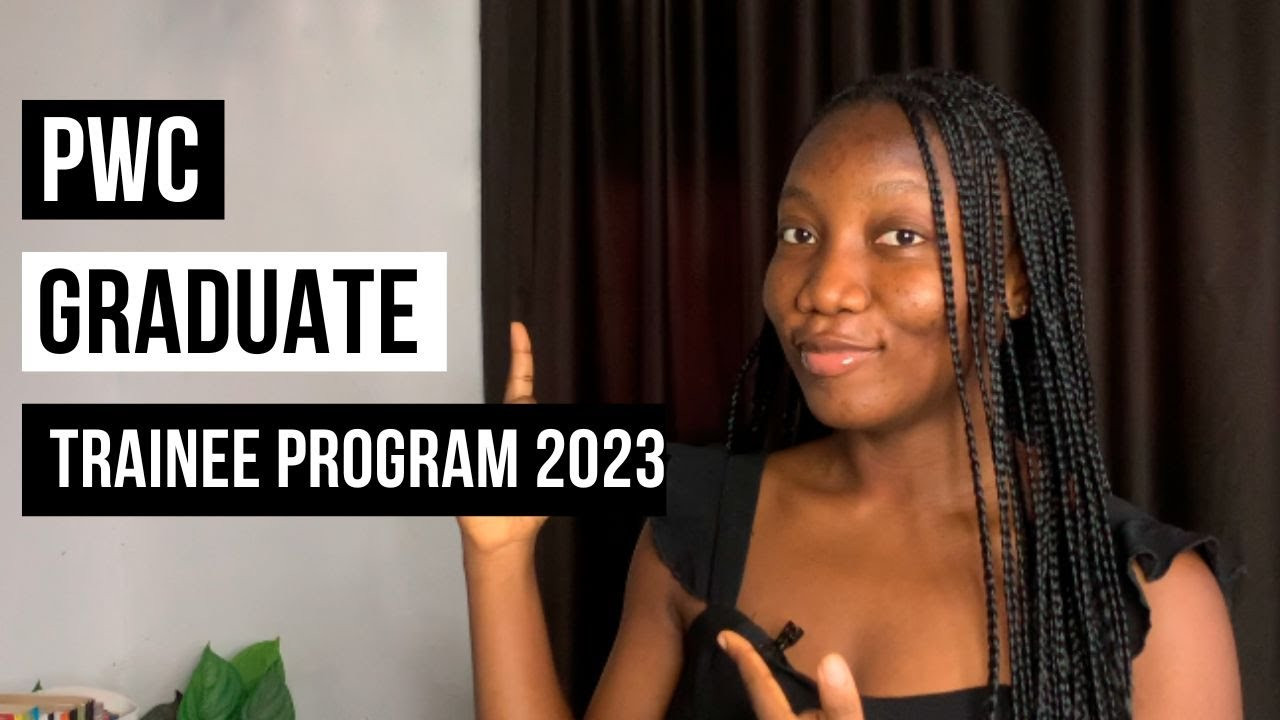Removing Human Error in Media Planning: Reckitt's Automation Strategy
The company’s engineers have been building templates and tools through Google Display & Video 360 that alert marketers to missing ad placements in campaigns, or when brand safety parameters don’t match its global standards.
Now they are working on an automated process to translate media plans directly into known file formats to remove the human process. The company already automates budgets, naming conventions, and labels audiences. Changing the formats will help others understand the plan and remove human errors.
The Need for Automation in Media Planning
Brands have been chasing shiny objects and worried about ad blockers and mobile apocalypse as well as cookies, General Data Protection regulation, and the rise of AI, Mikey Mizrahi, programmatic manager at Reckitt, told attendees at the MediaPost Data & Programmatic Insider Summit.
“We have lost the plot in the pursuit of looking smart for clients,” he said, but one truism remains -- during the next 50 years company headcounts will always be tight.
Mizrahi’s team set out to automate many processes, looking for inconsistencies and consistent inputs, and broke down each process into steps before automating systems to reduce mistakes made in campaigns.
Baseline templates were created. Mizrahi called those templates “do not touch” lists for campaigns. They covered everything from frequency caps, brand safety, and more. From these lists, engineers began building documents for marketers to follow. Budgets were not included.
Achieving Efficiency and Accuracy
While it once took about 10 hours to set up each campaign, these automated processes reduced execution times by 90%.
“I don’t have to worry about brand safety or putting the ads in the wrong market,” he said.
Mizrahi said the team looked for excel-based inputs on platforms and built automation around it using structured data files to break processes into steps before automating each to reduce mistakes made in campaigns. These baseline templates have become a “do not touch list” for campaigns.
He said companies can apply these same tools and principles to The Trade Desk, Meta, Amazon or any project with an excel-based input.
When companies follow standards it eliminates concerns that someone during the Monday morning call would say, “oh crap, I spent a thousand dollars or a million dollars in the wrong market,” he said.
The Benefits of Automation
Automation has brought significant benefits to Reckitt's media planning process, including:
- Reduced Execution Times: Campaign setup times have been reduced by 90% due to automation.
- Improved Accuracy: Automation helps to minimize human errors, ensuring that campaigns are set up correctly and run smoothly.
- Enhanced Efficiency: Automation frees up marketers to focus on strategic initiatives instead of manual tasks.
- Increased Consistency: Standardized templates and processes ensure that campaigns are consistent across all channels.
- Reduced Costs: Automation can help to reduce operational costs by streamlining processes and minimizing errors.
A Future-Proof Approach
Reckitt's approach to automation in media planning is a clear example of how companies can leverage technology to improve efficiency, accuracy, and effectiveness. As the advertising landscape continues to evolve, automation will become even more important for marketers to stay ahead of the curve. By embracing automation, brands can ensure that their campaigns are delivered with precision and that their resources are used strategically.
Conclusion: Taking the Hood Off of Creativity
A firm believer in the strength of “full funnel ideas”, Reckitt’s Becky Verano is on a mission to “take the hood off” creativity and explore virtual production. Verano, Global Vice-President of Marketing Operations and Capabilities at Reckitt, is responsible for creative excellence and productivity, alongside running the firm’s internal marketing academy.
Her mission is to take creative effectiveness and full funnel communications from good to elite – enabled by Gen AI. She believes that Reckitt’s internal marketing academy is key to achieving this.
By automating key processes, Reckitt is freeing up its marketing team to focus on what truly matters: creating innovative, engaging content that drives results. This is a strategy that other brands can learn from as they look to optimize their own marketing operations.
















